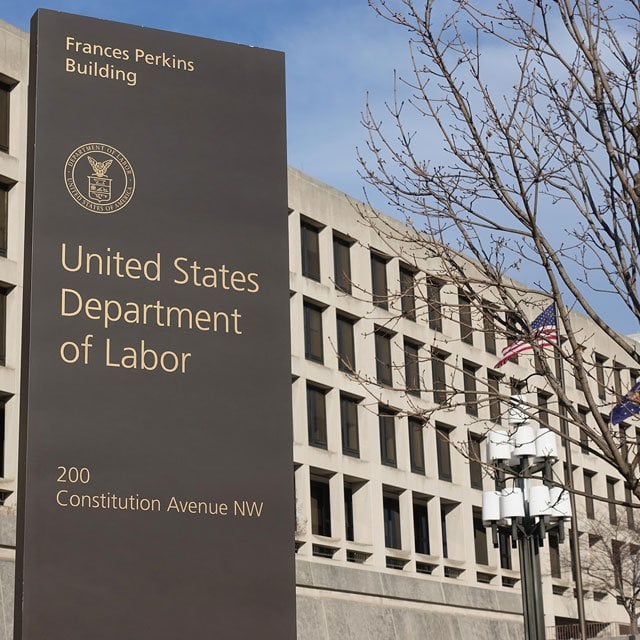On Rollovers, Beware the Line Between Education and Advice: DOL Official

What You Need to Know
The line between education and a rollover recommendation is a call to action, Tim Hauser of EBSA explains.
Advisors should document that they avoided making a recommendation.
While Labor Department guidance saying rollover advice is fiduciary advice was struck down in court, that’s unlikely to be Labor’s last word on the matter.
Tread carefully when making and documenting a rollover recommendation under the Labor Department’s exemption, PTE 2020-02, which declared rollover advice fiduciary advice, Tim Hauser, deputy assistant secretary for program operations at the department’s Employee Benefits Security Administration, warned advisors Monday.
Speaking on a panel at the Investment Adviser Association’s annual Compliance Conference in Washington, Hauser discussed how investment advice fiduciaries are dealing with challenges in complying with the exemption, including best practices and documentation to consider in meeting requirements.
PTE-2020-02, Improving Investment Advice for Workers & Retirees, established more stringent rollover rules and became effective on Feb. 16, 2022.
Advisory firms are now required to provide “retirement investors” with the specific reasons why a rollover or transfer of their retirement money is in the best interest of the retirement investor.
Advisors must comply with the PTE’s retrospective review requirement by July 1.
Jennifer Eller, principal at Groom Law Group, who moderated the IAA panel discussion, asked Hauser: “Where a firm is not providing a recommendation to roll over, how do you think [firms] ought to document the absence of a recommendation?”
Hauser replied: “Be very careful about the education and advice line in the first place … I think very often your customers, the people you’re interacting with, are looking for a recommendation; they’re looking for the benefit of your expertise and it’s very hard for people who are interacting directly with a customer who wants and needs expertise not to offer the recommendation.”
The line between recommendations and education generally is “have you, by your conduct, by the way you’re talking to the customer, have you essentially made a call to action; suggested to them [the customer] that you should do this instead of that; that you should make this kind of investment not that investment; put your money here; that you should roll your money out rather than keep it in the plan.”




